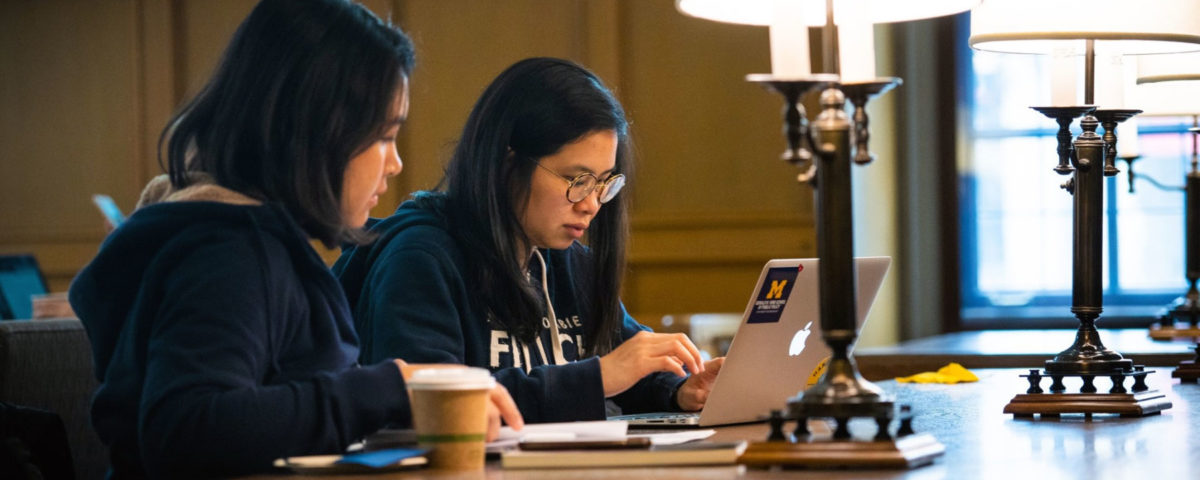What is your general reaction to the MTC Mastery Transcript?
What MTC is doing with the Mastery Transcript is a key part of the evolution of education in the 21st century. There are a lot of conversations out there about how we educate students, but this is a key one related to how we design and assess education and how we measure what students have learned and how they’ve absorbed and are able to translate their experiences.
In the MTC model, you see the opportunity for entire school systems to advance access and opportunity in education. You also see great opportunity to empower students, along with their families, to chart their own course and present the curation of their experiences to the other side of the educational model: higher education. At least that is certainly the hope…that everyone can come around to thinking about high school differently, including the university and the interest they have in helping to make this change possible.
In the long run, if we are successful in transforming how we deliver education to students and ultimately how we assess that…when we look back in 20 to 30 years from now…I believe MTC will have been a catalyst to that movement.
Is this work surprising to higher ed?
MTC is having the same conversation as we are having on the higher-ed side: How have processes currently in place–some that we have developed in higher ed–limited or contributed to education? What is it that a student needs to know in the 21st century? Is it a series of courses that leads to a degree as prescribed? Does the three-credit English class really do it… do four years of high school English really accomplish that purpose? Or is it something more robust and malleable than that? The whole model is up in the air. Some of our processes have been built to support a system: Young people are expected to do XYZ. Succeeding by those specific, narrow measures allows them access and then enables the same process to repeat again the following year. Our society has created systems that support that approach, and MTC is challenging it in ways that will make us think.
As you think about this change, what in your own career makes you believe in it so deeply?
I often think back to my time at the University of Texas. We transitioned from an institution that made admissions decisions based solely upon test scores and class rank to an institution that employed a competitive, holistic admissions process. There were certainly moments of learning for us in that process, as we opened our process up to essays, letters of recommendation, and other credentials. There were challenges. Particularly as state law changed and instituted reliance on a single credential. How do you celebrate the individuality of students and the schools who want to focus on their community’s expectations…when there are entire models built around competition for limited and coveted admissions spaces? The notion of supporting more students and increasing access to college was not built into that competition and needs to be considered far more.
For me, there were important personal moments being part of the University of Texas community. I came from a really small town and was sort of that big fish in the small pond. I had the profound experience of being put up against those who came from very different environments. Later, as I worked professionally recruiting and developing the admissions processes for students from all kinds of backgrounds, including some like my own– my interest in helping students with more varied educational journeys deepened.
I see the need for individuality even more plainly. Students, educators, and schools need to approach the experience of learning and growth in their own local context. We don’t have a system where everyone receives the same opportunity. The local school community needs to develop a set of expectations in education and needs a good way to transmit that to colleges. MTC is poised to help do that–and, in doing so, is poised to help redefine education in the 21st century.
What do you say to parents who think the traditional way of doing school worked just fine for them?
I say to them the system is not the same now as it was back when they (we!) were students. The level of competition in the nation’s selective colleges was simply not the same. A generation ago, for instance, University of California was not receiving the 220,000+ applications that they are receiving today. A generation ago there was a far smaller portion of the populace who was actually pursuing higher education. Universities are now actively seeking students who weren’t there before.
This degree and scale of competition and volume has changed everything and not necessarily for the better. People may be skeptical of that idea. But recognize that the prevailing model of college admissions was built for about 100 colleges in the country–out of the thousands that now exist.
What stands out to you about MTC?
I have to say I am very impressed with the boldness of member schools participating in MTC, with their energy and drive to be part of this conversation, even if the road is long for some. It can be hard to stick your neck out, especially when the key metric still boils down to who gets in where. It can be hard to be the first to change the model when it feels the system is built against the change you seek. Having the actual transcript developed now opens up opportunity for much broader engagement, and I appreciate the very deliberate action by MTC to show that this can be done for all students, at different types of schools, and to work with a broad swath of higher-ed institutions.
What do you think of how MTC is testing the transcript with small batches of applicants, in preparation for scale?
On one hand, I appreciate the approach of a purposeful cross-section of high schools and the high degree of communication MTC is having with our admissions colleagues. MTC has been very responsive to the feedback that they are getting from admissions offices. I know higher ed gave feedback, for instance, asking: “Can you call out the courses more in the transcript?” MTC really listened, weighed that feedback, and then took action. That responsiveness and working together with higher ed is so important. If MTC continues to do that as much as possible before scaling the Mastery Transcript, the transcript and member schools will be in a strong position. On the other hand, there is still a risk some admissions offices will receive transcripts without having time for sufficient preparation and staff training. Experience with the new platform in advance of receiving lots of transcripts is key for an admissions office.
At some point, as members of HEAG and within MTC, we will need to deal with this. I don’t have the answer about how we make that transition without bombarding our admissions colleagues whose plates are quite full. We will need to figure out that aspect with the Board and others…what the bridge looks like from small pilots to broad-based usage. We will need to address how we transmit knowledge and experience from one college to another. For those of us in admissions and enrollment management, it is all about how we train staff for consistent reviews and fair processes. And we can only do that if we are testing and using it.
MTC is asking for there to be a different kind of assessment, and this is not going to be easy. But that is why I enjoy being on the Higher Ed Advisory Group. I am excited to figure out the challenge with MTC. I am not in the group because the University of Michigan has the answer right now...but because it is important to be part of this conversation…where we are trying to transform this space of how education is delivered and assessed…I like to spend my time in these spaces to help deliver these systems differently in order to look forward and be ready for students and what they are bringing to us. What MTC is doing is very bold and brave and I greatly admire the brave students who are willing to step into this space.
Do you believe this transcript will reduce the chance of a qualified student being admitted because it is new and different?
No, I have faith in our admissions colleagues to put the interest of the student first. We work hard to do the hard work necessary to give students every opportunity to compete well in our processes. Our colleuagues on the high school side are integral partners in helping us to accomplish this. Where there are questions, we ask.








